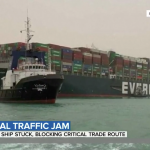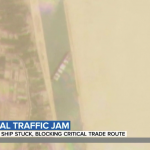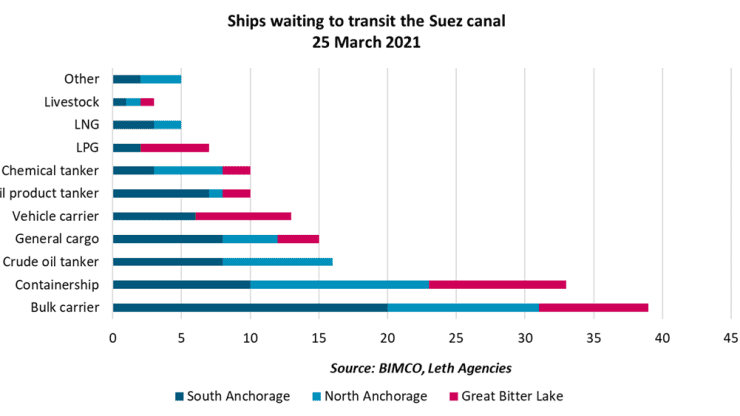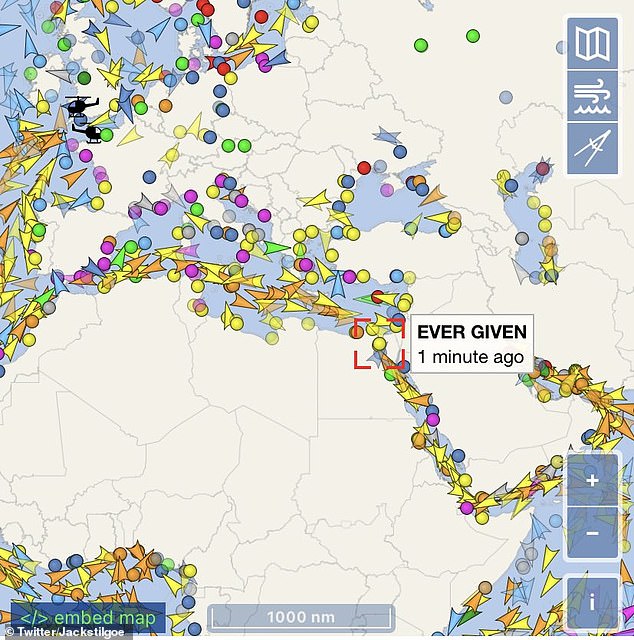ACTION POINT FOR ATLAS CUSTOMERS: Please contact your shipping agent for up-to-the-minute delivery times on your orders on the water. Your Atlas Account Manager can also confirm which orders may be affected if you aren’t sure.
UPDATE 2021-01-02: Whilst the ship is no longer stuck, we are now experiencing the delays and rising costs as a backlash to this situation… please keep in touch with your Account Manager and your Shipping Company for latest news.
The Suez Canal blockage is just one of many mishaps to befall the global supply chain in the past few months. Prices of goods are expected to continue to rise as delays in key California ports, computer chip shortages and the Texas freeze complicate an already precarious post-pandemic supply chain.
An economist at Chartered Institute of Procurement and Supply, John Glen, said the blockage could add 10 days to UK delivery times.
SOURCE: MSN
The Ever Given, a 220,000-ton mega ship nearly a quarter-mile long with a 20,000 container capacity, ran aground after being blown by strong winds while entering Egypt’s Suez Canal from the Red Sea. (CNBC)
The man-made Suez, at 120 miles long, is a key transit point connecting East to West. And the 20,000 ships that pass through it yearly transport everything from oil and gas to machine parts and consumer goods.
At least 150 other tankers have been waiting to pass through the narrow canal since the 400 meter long Ever Given ship got stuck sideways on Tuesday morning, running aground after gusting winds of 30 knots caused the vessel to deviate from its course.
SOURCE: NBC
- The massive cargo ship Ever Given has completely blocked the Suez Canal, a vital trade passageway for as much as 12% of the world’s seaborne trade.
- A prolonged blockage could lead to “significant disruptions to global trade, skyrocketing shipping rates, further increase of energy commodities, and an uptick in global inflation,” J.P. Morgan warned.
- Meanwhile, analysts have highlighting increased risk of attacks on oil facilities amid greater energy supply chain vulnerability and regional tensions.
SOURCE: CNBC





